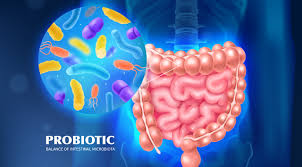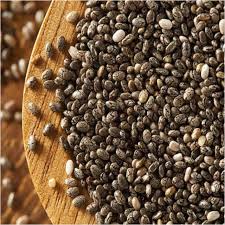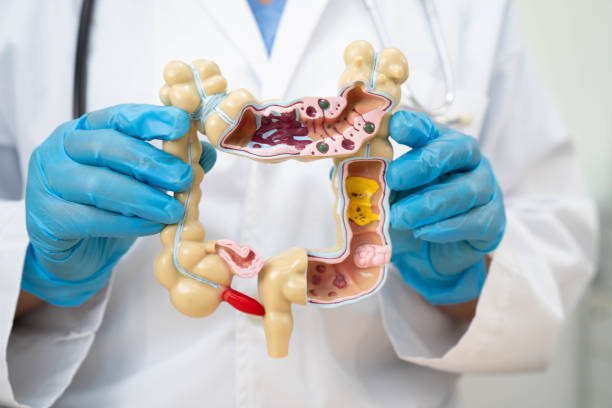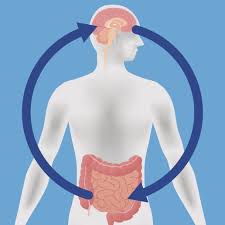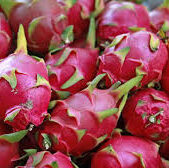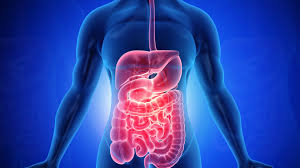Top 10 Foods for a Healthy Gut – Including Probiotics
Top 10 Foods for a Healthy Gut
Maintaining a healthy gut is essential for overall well-being, as the gut plays a crucial role in digestion, immunity, and even mental health. A diet rich in probiotics can support digestion, enhance nutrient absorption, and strengthen the immune system. The gut microbiome, a collection of trillions of microorganisms in the intestines, is responsible for breaking down food, producing essential nutrients, and protecting against harmful pathogens. When the balance of good and bad bacteria in the gut is disrupted, it can lead to digestive disorders, weakened immunity, and even mental health issues like anxiety and depression.
A well-balanced diet rich in fiber, probiotics, and prebiotics helps nurture a thriving gut microbiome. In this blog, we will explore the top 10 foods that support a healthy gut, explain their benefits in detail, and discuss what happens in your body when you consume them regularly.
1. Yogurt
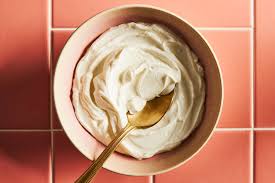
Yogurt is one of the best sources of probiotics, the beneficial bacteria that help maintain a balanced gut flora. These probiotics improve digestion by breaking down lactose and aiding nutrient absorption. When you consume yogurt with live and active cultures, it introduces beneficial bacteria like Lactobacillus and Bifidobacterium into your gut. These bacteria help restore microbial balance, reduce inflammation, and improve conditions such as irritable bowel syndrome (IBS) and diarrhea.
Additionally, yogurt enhances immune function by stimulating the production of antibodies and strengthening the gut barrier. However, it’s important to choose plain, unsweetened yogurt, as added sugars can feed harmful bacteria and counteract the benefits.
2. Kefir
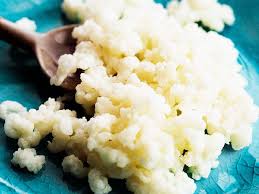
Kefir is a fermented milk drink that contains a diverse range of probiotic strains, making it even more potent than yogurt. Regular consumption of kefir supports digestion by enhancing the gut’s ability to break down food and absorb nutrients. Kefir contains yeasts and bacteria that colonize the gut, helping to combat harmful microbes and prevent infections.
Kefir also promotes gut lining repair, reducing the risk of leaky gut syndrome, a condition where undigested food particles and toxins pass through the gut lining into the bloodstream, leading to inflammation and autoimmune reactions. This makes kefir an excellent choice for maintaining a healthy gut.
3. Sauerkraut
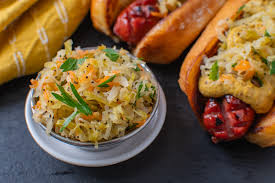
Sauerkraut is fermented cabbage that is packed with probiotics, fiber, and essential vitamins. The fermentation process enhances the bioavailability of nutrients, making them easier to absorb. When you eat sauerkraut, the beneficial bacteria present in it help break down complex carbohydrates, reducing bloating and gas production.
Sauerkraut is particularly beneficial for those who experience frequent digestive discomfort. Its high vitamin C content supports immune function, while vitamin K promotes bone health. Consuming raw, unpasteurized sauerkraut is key, as pasteurization kills live bacteria and diminishes its probiotic benefits. This superfood is an excellent addition to your diet for a healthy gut.
4. Kimchi
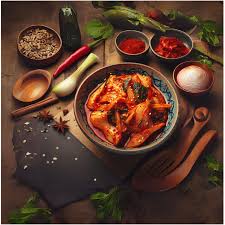
Kimchi, a staple in Korean cuisine, is made from fermented cabbage, radishes, and a blend of spices. It is rich in probiotics, fiber, and antioxidants. The fermentation process not only produces gut-friendly bacteria but also increases the production of organic acids that help maintain a balanced gut environment.
Kimchi’s probiotics, such as Lactobacillus kimchii, aid in breaking down food, preventing bloating, and enhancing digestion. Additionally, the capsaicin in chili peppers used in kimchi has anti-inflammatory properties that can soothe gut irritation. Regular consumption of kimchi may improve metabolism, support weight management, and contribute to a healthy gut.
5. Bananas
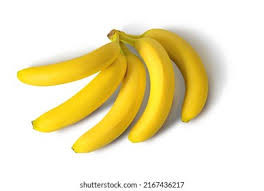
Bananas are an excellent source of prebiotics, which act as food for probiotics. The resistant starch and fiber in bananas help promote the growth of beneficial gut bacteria, particularly Bifidobacteria and Lactobacilli. These bacteria help digest food more efficiently and prevent constipation.
Bananas also contain pectin, a type of fiber that aids digestion and prevents diarrhea by regulating water balance in the intestines. Additionally, the potassium in bananas supports muscle contractions, including those of the digestive tract, promoting smooth bowel movements.
6. Garlic
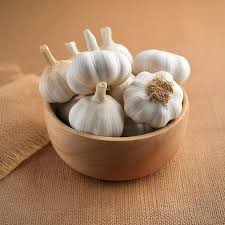
Garlic is a natural prebiotic, meaning it provides nourishment for beneficial gut bacteria. It contains inulin, a type of fiber that promotes the growth of Bifidobacteria while inhibiting the growth of harmful bacteria.
Garlic also has antimicrobial and anti-inflammatory properties, which help maintain a balanced gut microbiome by preventing the overgrowth of harmful bacteria like Clostridium and E. coli. Consuming garlic regularly can support digestion, reduce gut inflammation, and enhance overall immune function, making it a valuable food for a healthy gut.
7. Onions
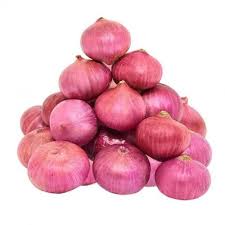
Like garlic, onions are rich in prebiotic fibers such as inulin and fructooligosaccharides, which help nourish beneficial gut bacteria. Onions also contain quercetin, a powerful antioxidant that reduces inflammation in the gut and supports digestive health.
Onions promote the production of short-chain fatty acids (SCFAs) in the gut, which are essential for maintaining the integrity of the gut lining. These SCFAs also help regulate appetite, improve metabolism, and reduce the risk of colon cancer.
8. Ginger
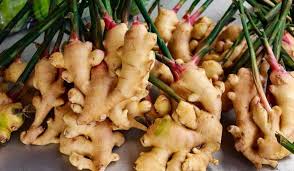
Ginger is well-known for its digestive benefits. It helps stimulate the production of digestive enzymes and enhances gastric motility, ensuring that food moves smoothly through the digestive tract. This helps reduce symptoms of bloating, gas, and nausea.
Additionally, ginger has anti-inflammatory properties that soothe the gut lining and prevent irritation. It can also help prevent indigestion by reducing stomach acid reflux and promoting bile production, which aids fat digestion.
9. Chia Seeds
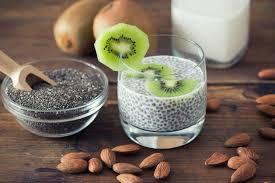
Chia seeds are an excellent source of fiber, which is essential for gut health. When soaked in water, chia seeds form a gel-like consistency that helps regulate bowel movements and prevents constipation. The soluble fiber in chia seeds acts as a prebiotic, feeding beneficial bacteria in the gut.
Chia seeds also help in stabilizing blood sugar levels, reducing inflammation, and promoting the production of SCFAs, which nourish gut cells and improve overall digestion. Adding chia seeds to smoothies, oatmeal, or yogurt can provide long-term gut health benefits.
10. Bone Broth
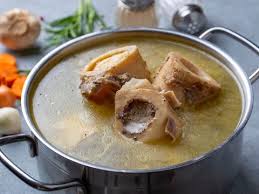
Bone broth is rich in collagen, gelatin, and amino acids like glutamine, which help repair the gut lining and reduce inflammation. A damaged gut lining can lead to leaky gut syndrome, where toxins and undigested food particles enter the bloodstream, triggering immune responses and inflammation.
Regular consumption of bone broth helps in sealing the gut barrier, preventing harmful substances from passing into the bloodstream. It also supports digestion by promoting the production of stomach acid, which is essential for breaking down food efficiently.
Conclusion
A healthy gut is the foundation of overall well-being. Incorporating these top 10 probiotic-rich foods into your diet can significantly improve digestion, enhance immune function, and promote mental well-being. By regularly consuming probiotic-rich foods like yogurt, kefir, sauerkraut, and kimchi, you introduce beneficial bacteria into your gut. Prebiotic foods like bananas, garlic, and onions help feed these bacteria, ensuring they thrive and function optimally. Fiber-rich foods like chia seeds and anti-inflammatory ingredients like ginger and bone broth help maintain gut integrity and reduce digestive discomfort.
Making small but consistent dietary changes can lead to long-term gut health benefits, improving not only digestion but also overall physical and mental health. Your gut will thank you for the nourishing care!
